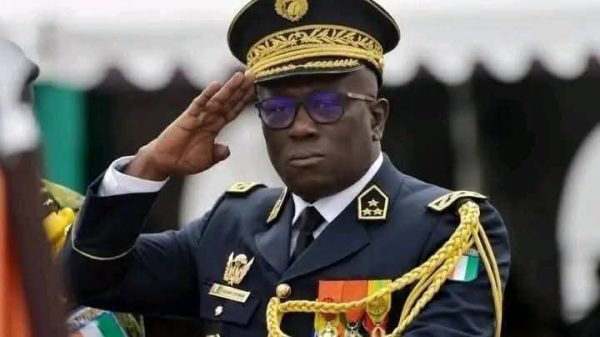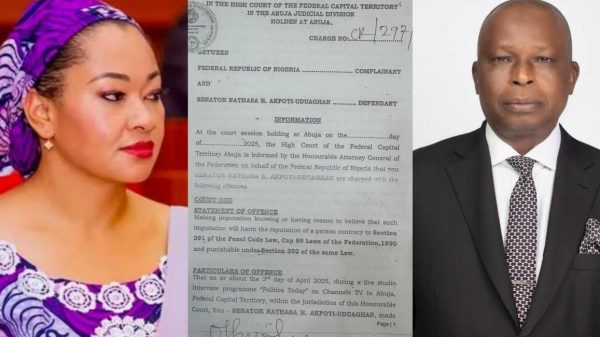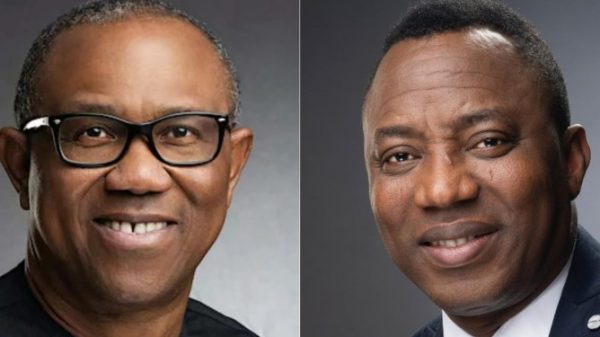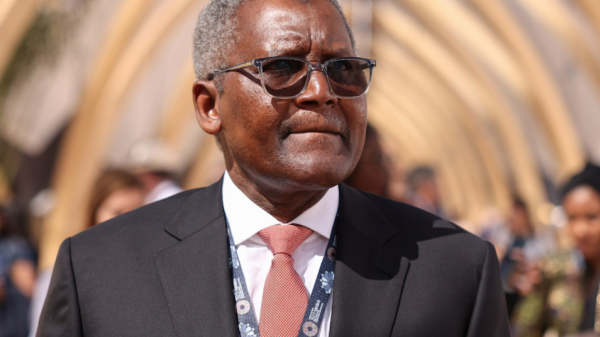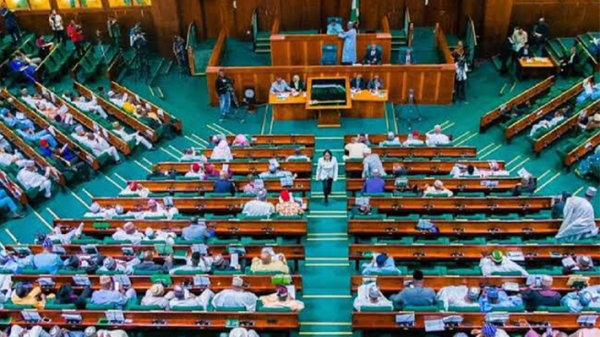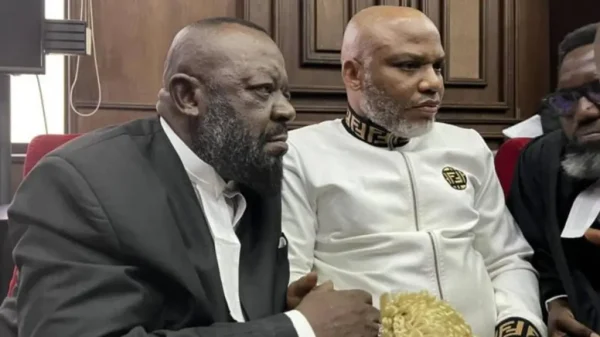Amnesty International has raised significant concerns over the Nigerian government’s handling of the recent #EndBadGovernance protests, alleging that over 1,000 demonstrators have been detained across the country. The human rights organization claims that these actions represent an aggressive escalation against peaceful protesters and a severe infringement on their rights.
The #EndBadGovernance protests, which occurred from August 1 to 10, initially began as a response to widespread dissatisfaction with the government’s handling of economic hardships and corruption. However, the demonstrations took a violent turn in several northern states, including Kano, Kaduna, and Zamfara. Reports indicate that during these clashes, some protesters engaged in looting and violence, and there were instances of foreign flags being displayed alongside chants for President Tinubu’s removal.
In response to the unrest, Nigerian authorities, led by Inspector-General of Police Kayode Egbetokun, launched a crackdown. Egbetokun announced the arrest of several individuals alleged to be behind the disturbances, including seven Polish nationals. The authorities claimed that these individuals were linked to the violent incidents and were actively involved in inciting unrest.
Amnesty International, in its statement released on August 16, strongly criticized these measures. The organization accused the Nigerian government of exacerbating the situation by arresting over 1,000 people and subjecting them to what it described as unfair trials based on dubious charges. The group reported that on August 6 alone, 441 individuals were arraigned in Kano, which it denounced as an example of an unjust legal process targeting those who were exercising their right to peaceful assembly.
The organization’s statement emphasized that the ongoing detentions and trials are indicative of a broader pattern of repression against dissent. Amnesty International called for the immediate and unconditional release of all individuals detained in connection with the protests. It argued that the Nigerian government has a duty to protect the rights to freedom of expression and peaceful assembly, which are enshrined in international human rights standards.
The situation highlights a troubling trend in the country where peaceful protests are increasingly met with harsh punitive measures. Critics argue that such actions not only undermine democratic freedoms but also risk escalating tensions further. The use of force and detention against protesters may only serve to deepen the public’s discontent and hinder any meaningful dialogue between the government and its citizens.
As the situation unfolds, there are calls for greater international scrutiny and pressure on the Nigerian government to ensure that human rights are upheld. The international community, including human rights organizations and diplomatic entities, are urged to closely monitor the developments and advocate for the protection of fundamental freedoms.
The #EndBadGovernance protests and the subsequent government response have placed a spotlight on Nigeria’s political climate and the challenges faced in maintaining civil liberties amidst growing discontent. The outcome of these events will likely have significant implications for the country’s approach to dissent and governance in the future.
As of now, the situation remains fluid, and both domestic and international observers are closely watching to see how the Nigerian government will address these pressing concerns and whether it will heed calls for reform and respect for human rights.


